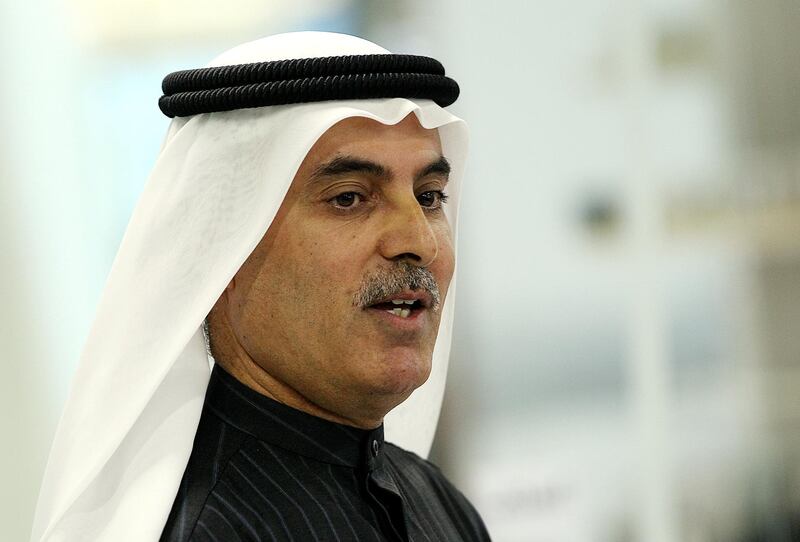The UAE Banks Federation rolled out new plans to tackle counterfeit cheques on Tuesday in a push to reduce incidents of fraud in the banking sector.
UBF said improvements to the cheque verification process, enhanced encryption technology and increasing the use of QR codes – where a unique code is printed on each leaf of newly issued chequebooks – will boost security.
Abdulaziz Al Ghurair, chairman of the UAE Banks Federation, a body representing 52-member banks in the country, said the organisation was "committed to enhancing the security of the UAE financial system … to tackle the issue of cheque fraud".
He added: “By introducing technology that allows us to detect problems in real time, we are confident that we can lessen the impact of fraud on our customers. In addition, these changes will improve operational efficiency, reduce costs and lay the foundations for further innovation that will benefit the banking sector.”
In December, the Central Bank of the UAE demanded that banks carry out credit checks on customers before issuing a chequebook to improve responsible lending practices in the industry.
Banks must consult the Al Etihad Credit Bureau to ensure the creditworthiness of their customers, the Central Bank said at the time. It also stated any chequebooks issued to new customers must only contain a maximum of 10 individual cheques.
_________
Read more:
[ UAE Central Bank says lenders must do credit checks before issuing chequebooks ]
[ Number of bounced cheques falls in first five months of 2018 ]
[ Bounced cheques in UAE: new rules 'a progressive step for the justice system' ]
[ From smishing to prize scams: how to avoid bank fraud ]
_________
At a UBF workshop on combatting cheque fraud on Tuesday, the federation said counterfeit cheques currently expose banks, businesses and customers to financial, reputational and legal risks. Sophisticated printing technologies have caused incidences of fraud to increase, it said, adding that member banks are keen to come together to tackle this risk.
The organisation and its IT committee then proposed a number of changes to the current verification system.
These include the use of QR codes to improve cheque security and enhanced encryption technology, with individual cheques allocated a random number that can then be read electronically during an automated validation process. The number is unique to every cheque and will ensure only legitimate cheques are honoured, the authority said.
The new automated approach will also use a cryptographic protocol, a one-way identifier – called a "Hash" – which uses an algorithm to combine a random number with magnetic ink character recognition (MICR) data - a character-recognition technology that eases the processing and clearance of cheques and other documents.
UBF said a Hash is completely random and unique to the individual cheque and acts as a secure secret key for the cheque. It is not stored anywhere except on the cheque leaf. When the cheque is presented, the QR code will be read from the cheque leaf along with MICR details and passed to the ChequeChain system for validation against the unique Hash.
In July, state news agency Wam reported that fewer bad cheques had been intercepted by the UAE Clearing Cheque System in the first five months of the year compared with the same period in 2017 and 2016.
The total number of bounced cheques handled by the UAE clearing system during the first five months of 2018, according to Central Bank data, came to 515,000, with an approximate value of Dh26.2 billion. This represented 31,000 fewer cheques compared with the same period last year.







